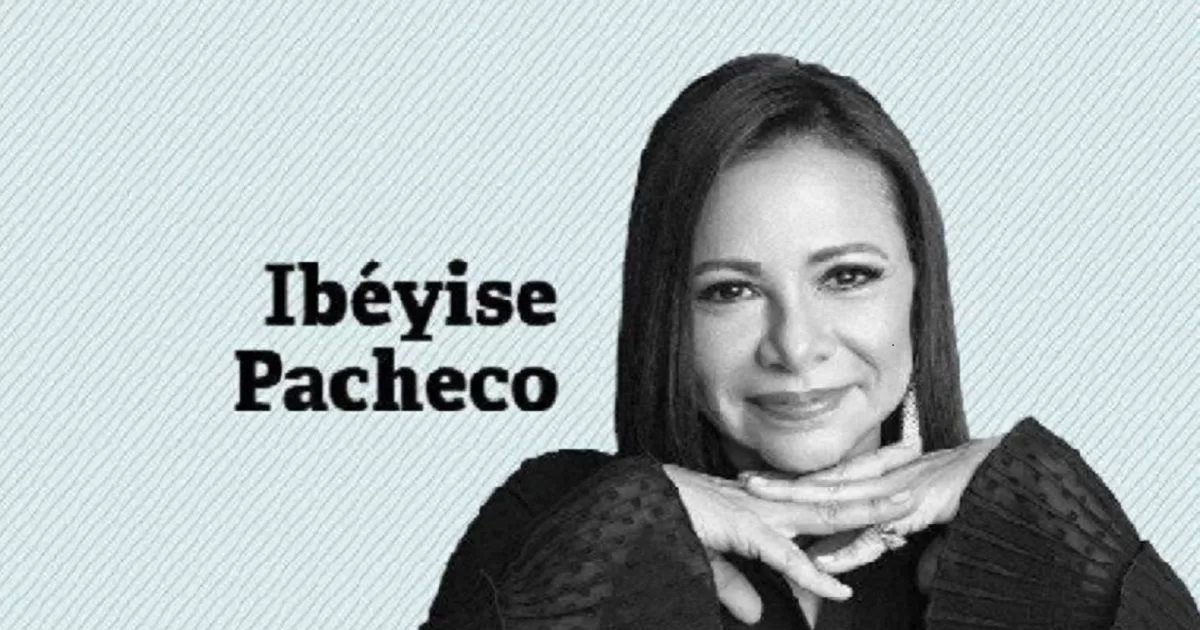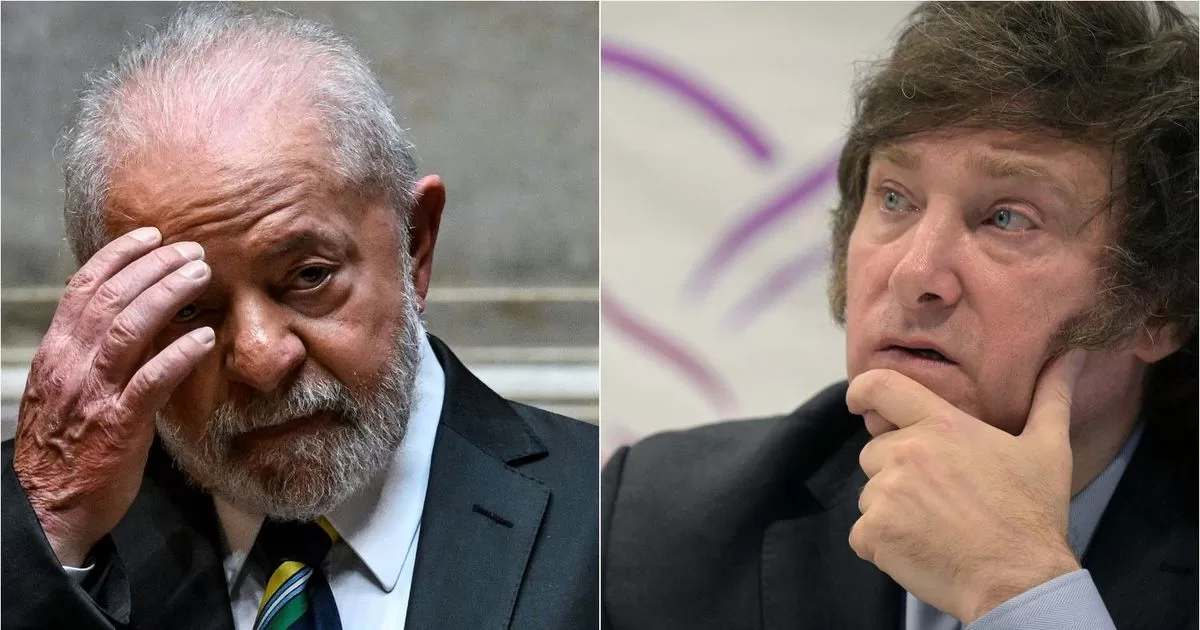“Do you agree, yes or no, with the Family Code”? Cuban men and women faced this question last September 25, 2022 to the third referendum in the recent history of the country, after those carried out with constitutional characteristics in 1976 and 2019.
On the morning of September 26, the president of the National Electoral Council of Cuba, Alina Balseiro Gutiérrez, proclaimed that the Family Code it had been approved. The Cuban electoral body communicated that the process had begun with 8,447,467 voters, of whom 6,269,427 exercised their right to vote, 74.12% of those who attended the polls. 3,950,288 voters voted yes, 66.85% of the total number of valid ballots. 1,959,097 voters voted no, 33.15%.
In this way, Cuba became the 34th country in which, partially or totally, marriage between people of the same sex is legalized.
The new Family Code replaces to the previous one of 1975 and opens the doors to the adoption of children by LGBT couples and non-profit surrogacy.
Regarding the latter, this type of gestation does not constitute an open door or a hypothesis of an appendix to the Family Code, but a certainty, since it entered into force on October 28, 2022 Regulations for assisted reproduction in humansissued by the Ministry of Public Health of Cuba, after its publication in the Official Gazette No. 67 of the Republic of Cuba.
Non-profit surrogacy
The regulation defines the requirements to enable and certify the centers, services, gamete and embryo banks that are required to attend these processes at the different levels of the Cuban National Health Service. In addition to equal marriage, the possibility of same-sex couples adopting children or “solidarity gestation” –non-profit surrogacy–, the code contemplates other changes in family interactions.
It includes the penalization of domestic aggressors in aspects related to the custody of their children, the distribution of assets or inheritance; protects communication between minors and their grandparents in the event of divorce and legally incorporates stepmothers and stepfathers as guardians. It allows parents to choose the order of their children’s last names and extends the protection of the elderly or disabled.
Returning to the issue of equal marriages in Cuba, the general director of Notaries and Public Registries, Olga Lidia Pérez Díaz, stated that the increase in marriages continues, which in November amounted to 7,849. Among people of the same gender, 37 new ones were registered weddings in that period, with which add up to 112 during the first two months of validity of the Family Code.
It is necessary to point out that, despite the increasing figures, there is an insistence on the need for a self-critical look in relation to the implementation of the Family Code in Cuba and the training of officials to adapt to this new law -they continue to be used the terms “the spouse and the spouse”, for example–.
Democratic change or chameleonic position?
Faced with this panorama, we face multiple views and dozens of perspectives that seek to answer a question: is Cuba still marked by the exacerbated machismo in the 1960s and 1970s or is it experiencing a democratic change, a new stage of political, social and economic progress? cultural? Is it simply a drag or a chameleonic political stance?
We understand that the issue of equal marriage in Cuba monopolizes all the headlines due to To the brand and seal of angry machismo of the 1960s and 1970s, when the Government sentenced many homosexuals to confinement or sent them to militarized agricultural work camps, the sadly known and remembered Military Production Aid Units (UMAP) of 1965whose objective was to transform the members of these groups into productive members of society, in line with the revolutionary ideology and the labor needs of the State.
This sad social experiment culminated in 1967, as a result of international protests and internal dissent, with the Cuban government assuming a gradual summary of rectification that has manifested itself in different ways. For example, in the legal field, during the 1970s and 1980s the Penal Code was modified so that homosexuals were no longer considered “criminal figures”.
Towards the end of the 1980s and the beginning of the 1990s, a change of position was noticed in the cultural sphere, made visible with the prize in 1989 for the poem Wedding dressby Norge Espinosa; the publication of previously marginalized writers such as Virgil Pinera and the 1993 premiere of the film Strawberry and Chocolateproduced by the Cuban Institute of Cinematographic Art and Industry (ICAIC), which became a national and international success.
Rights to politically mistreated sectors
Something important is certainly happening in Cuba, but it cannot be analyzed from a position of simplicity. The scenario is complex and multidimensional and seems to be linked to an ambitious historical-political cyclical process through which the State grants rights to sectors that are politically mistreated, but symbolically charged. This not only gives a new face to the national political entity, but also updates, rejuvenates and transforms it, in this particular case dismantling the “official homophobia” that allowed selectively persecuting personas non grata for reasons associated with political dissent.
The 1960s and 1970s were marked by the denatured and persecuted “holy trinity”: homosexual, dissident and intellectual. This was erected as contrary to the precepts of the nascent Cuban revolution and contrary to the ideal of the New Man of the revolution.
Belkis Rojas HernandezTeacher and researcher, University of La Rioja
This article was originally published on The Conversation. read the original.


